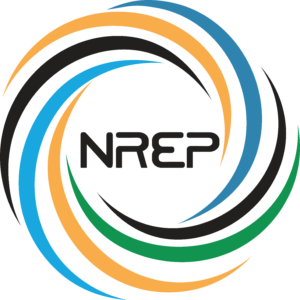The Ministry of Energy and Mineral Development (MEMD), through the National Renewable Energy Platform (NREP), in collaboration with Uganda National Alliance on Clean Cooking (UNACC), and with support from the UK government through the Modern Energy Cooking Services (MECS) program, conducted a week-long Behavioral Change Communication for Electric Cooking (BCCeC) outreach in Mukono Municipality.
The initiative focused on raising awareness, improving public understanding, and driving adoption of electric cooking technologies as safer, healthier, and more sustainable alternatives to traditional fuels.
Radio Talk Show Kicks Off Mukono Outreach
The week-long campaign in Mukono began on Monday June 16th with a radio talk show on Dunamis Radio, introducing clean cooking technologies to a wider audience. Dr. Nicholas and other panelists from NREP and the district environmental office emphasized the urgent need to transition from traditional fuels to safer alternatives like EPCs, LPG, ethanol, and biogas. Listeners were educated on the health risks of biomass fuels, the importance of proper biogas system management, and the role of men as key decision-makers in household energy choices. The session encouraged Mukono residents to attend the upcoming demonstrations and become clean cooking champions in their communities.
Workshop and Stakeholder Engagement
The outreach was officially opened by Bishop Samuel Lwandasa, who welcomed the various students and applauded them for their contributions to the climate change conversation through creative presentations. He emphasized that climate change is no longer a distant threat; and Uganda must act now by adopting cleaner solutions like Electric Pressure Cookers (EPCs), LPG, and ethanol stoves.
Drawing from scripture, he likened today’s environmental crisis to a moral call for restraint and responsibility in how we use natural resources, especially forests.
Over 700 participants attended a stakeholder workshop, including local government leaders, planners, schools, and faith-based organizations. The sessions addressed:
- The benefits and cost-effectiveness of EPCs
- Common myths around electricity use in cooking
- The role of local policy in promoting green practices
Youth-Led Innovation: Renewable Energy Competition
A key feature of the Mukono outreach was a Renewable Energy Competition involving local schools. Students showcased their knowledge and creativity through:
- Science innovation projects
- Essay writing and poetry
- Spoken word and drama performances
These activities not only highlighted the role of young people in climate action but also sparked conversations at home and in schools around sustainable energy choices.
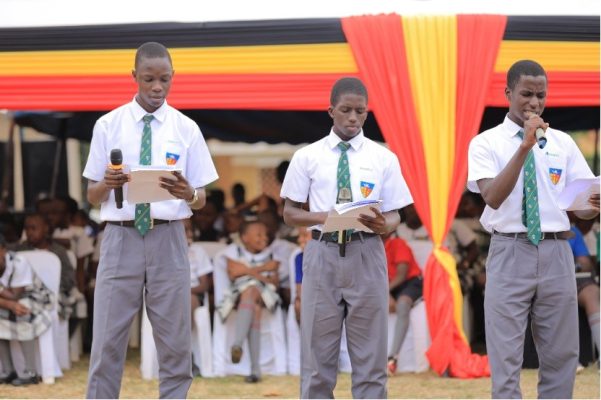
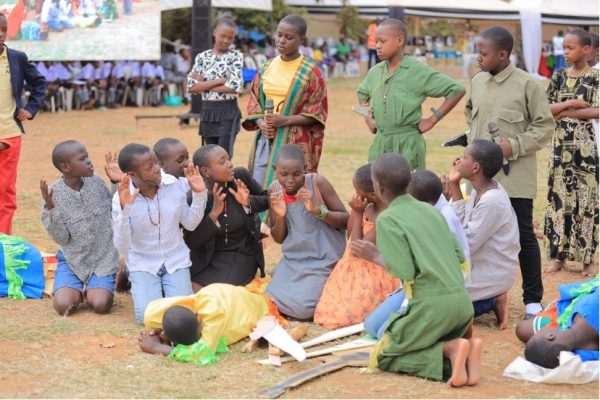
Community Voices and EPC Demonstrations
Live cooking demonstrations helped demystify electric cooking. Community members tasted traditional meals like kalo prepared using EPCs, an experience that changed minds.
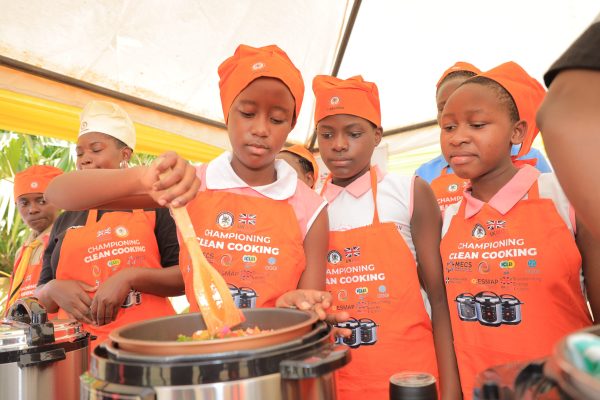
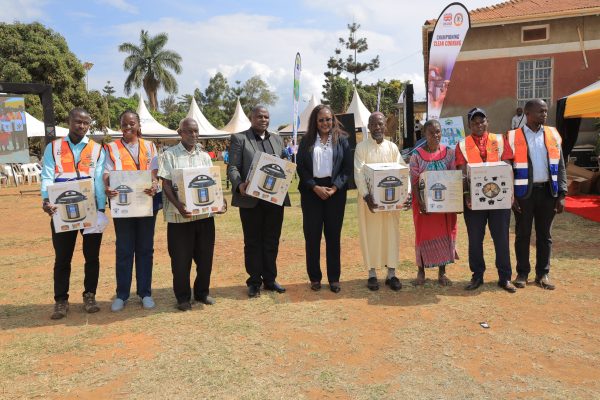
Quotes and feedback from participants:
Imam Sulaiman shared:
“One who hasn’t travelled believes their mother is the best cook. I was genuinely surprised by the taste and quality from the EPC.”
Nantume, a participant, committed to buying an EPC but called for lower electricity tariffs.
“We’ll buy the cookers, but please ensure our food doesn’t remain half-cooked due to high power costs.”
Dr. Nicholas Mukisa, noted a visible shift in public perception from doubt to enthusiasm especially after participants experienced EPC-cooked meals.
He also shared plans to support clean cooking adoption through:
- Training local technicians to handle EPC repairs
- A mobile app to connect users to trusted suppliers and service providers
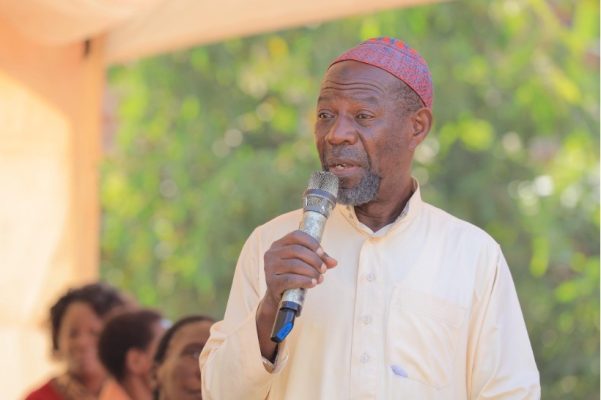
The Mukono Physical Planning Department used the platform to promote green development practices. Officials emphasized:
- Encouraging tree planting in construction approvals
- Providing free tree seedlings to residents
- Preventing illegal construction in wetlands and protected areas
Madam Sebuliba urged community members to consult authorities when planning land use to avoid damaging ecosystems.
Policy Perspective: MEMD Speaks Out
Speaking on behalf of the Ministry of Energy and Mineral Development, Eng. Elizabeth Kaijuka reinforced the government’s commitment to:
- Implementing clean cooking subsidies and incentives through the UECCC under EASP
- Working with local governments to scale awareness
- Collaborating with UNBS to ensure product safety and standards
She emphasized that clean cooking is more than an energy issue—it’s a matter of public health, environmental protection, and national development.
Moving Forward
The Mukono outreach campaign left a strong impression on the community. Through stakeholder dialogue, youth participation, and practical demonstrations, the event built momentum for a shift to cleaner, safer cooking.
For this momentum to continue, stakeholders must tackle key barriers: electricity affordability, appliance access, and public mindset. With consistent education, innovation, and collaboration, Uganda can move closer to a clean cooking future starting one community at a time.


